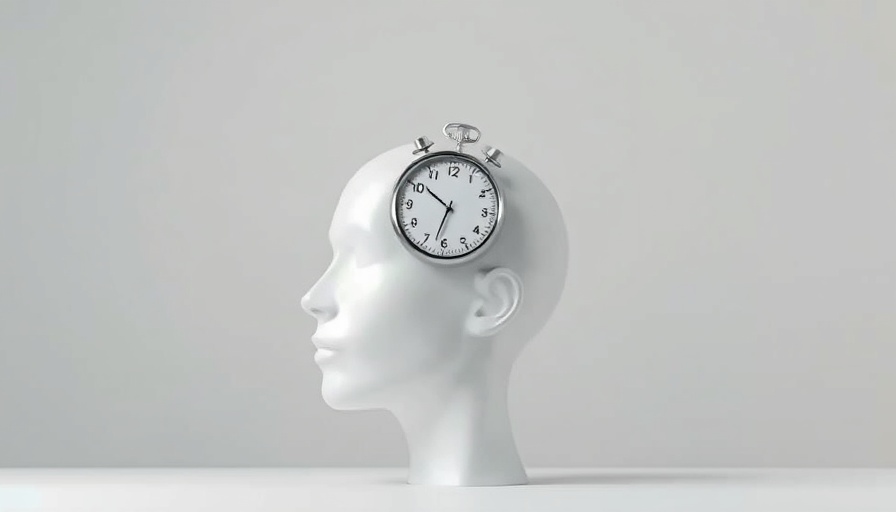
Understanding the Impact of News Overload on Mental Health
In today's rapidly evolving media landscape, it's no wonder that many individuals experience feelings of anxiety and stress triggered by a constant influx of negative news. As Dr. Don Grant, a renowned media psychologist, highlights, the 24-hour news cycle has transformed the way we consume information, with dire headlines flashing across our screens at an unprecedented rate. This overwhelming barrage can lead to chronic stress, resulting in a myriad of health issues, including anxiety and inflammation.
Physical Signs Indicating You Need a Break
Being aware of the physical and emotional signals from our bodies is vital for maintaining mental health. If you find your heart racing, stomach churning, or notice shallow breathing while consuming news, these are signs your body may be reacting negatively. Dr. Bryan McLaughlin notes that 'narrative transportation' – when you're engrossed in news content – can create a physical response akin to being personally involved in a distressing event. Recognizing these symptoms is the first step in managing news consumption.
Balancing Informed Citizenship and Emotional Health
Avoiding the news entirely isn't the solution, as staying informed is fundamental to being an engaged citizen. However, finding a balance between staying updated and protecting your mental well-being is crucial. Experts suggest setting specific times for news consumption, engaging only with trusted sources, and being mindful of the content's emotional weight. This approach allows you to stay informed without feeling overwhelmed.
Integrating Wellness Practices into Your News Routine
Implementing self-care strategies can help mitigate the overwhelming effects of news consumption. Consider pairing your news reading with positive practices such as deep breathing exercises, journaling, or going for a walk. These activities not only ground you in the present but also provide a mental break from the deluge of information. Moreover, prioritizing physical activities and nutritional wellness can contribute positively to your emotional resilience.
Conclusion: Move Toward Balanced Media Consumption
By taking proactive steps to manage your media consumption, you can protect your mental health and foster a healthier lifestyle. Remember, it’s entirely possible to be an informed citizen without sacrificing your well-being. Explore wellness programs and preventative care strategies that support both your mental and physical health.
 Add Row
Add Row  Add
Add 




Write A Comment